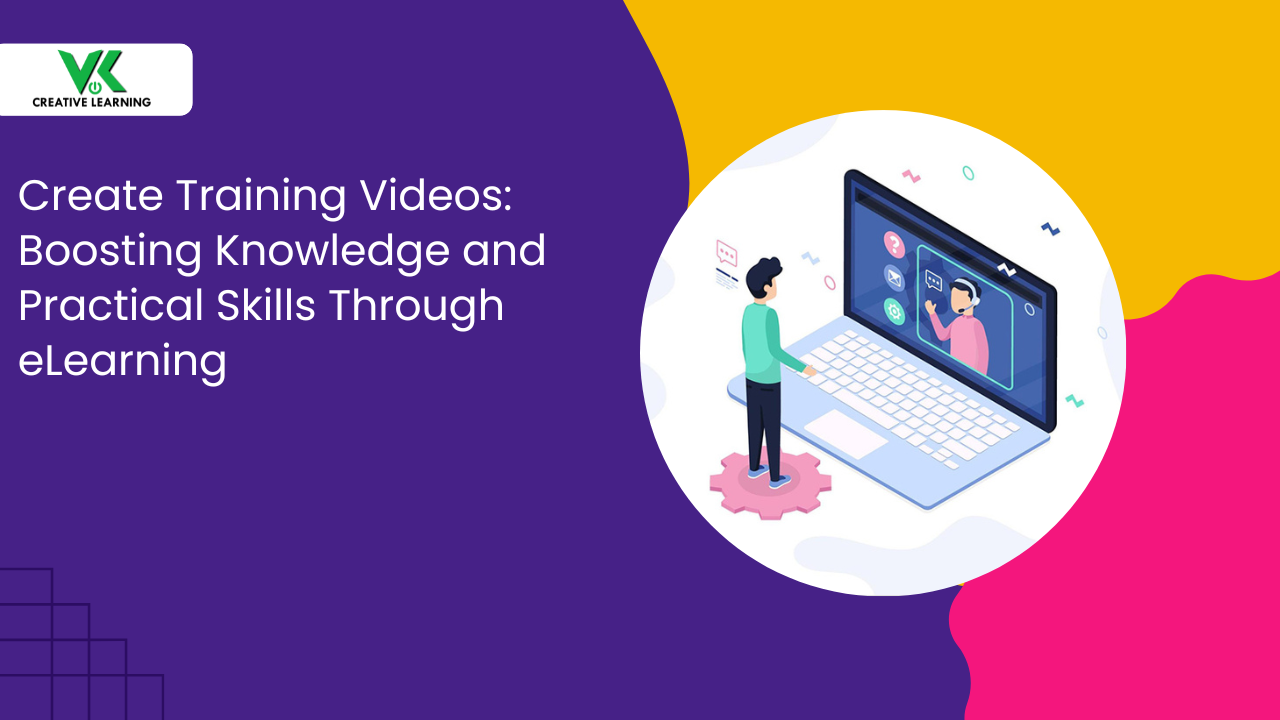Obstacles and Solutions to the Growth of E-Learning Solutions in India
July 03, 2021
The enormous ability for e-learning solutions to positively change education may be harmed. For the same, the e-learning industry has to overcome current obstacles. Government efforts, asset mobilization, and a shift in public perception are critical for the growth of e-learning businesses in India.
1. Familiarity with conventional educational settings
Since ancient times, people have been acquainted with this technique of face-to-face learning and teaching. This establishes a psychological barrier that stops people from opting for anything novel and unexpected. The existence of a school/college makes learners get attached to the conventional form of learning. Surprisingly, this happens even if it's dysfunctional on the inside.
On the other hand, envisioning online education seems to be an impossibility. To overcome this barrier, increasing levels of awareness must be penetrated through mass-level initiatives and advertising.
2. Ineffective time management
While the adaptability of online programs is ideal for individuals with a lot going on, the lack of a strict framework leaves some people befuddled. Avoid procrastinating by creating a study/assignment plan that allows you to optimize your time and easily meet your deadlines.
3. Recognize and validate online learning
The scarcity of places at government institutions and various university-level teaching openings are affecting the education standards. This void results in the mushrooming of mediocre private colleges and institutions.
4. Inadequate motivation
Online classes are a lot of effort, and it's often difficult to gauge your progress. Do not be afraid to question your lecturers about your progress during the course. By dividing course material into manageable pieces, you may make the task seem less daunting. Therefore, learners remain motivated to finish it!
E-learning training has its own recognition and trustworthiness. With these rules in place, online education is anticipated to gain acceptability among students. Similar efforts by accrediting organizations may bolster online takers' trust in the industry.
5. Language divide
In such a varied nation like India, the usage of indigenous and vernacular languages will always have an advantage. The majority of online courses are taught in English may be appropriate for Tier-1 and Tier-2 cities. However, it may not work for Tier-3 cities, villages, and rural regions. When attempting to penetrate the market, e-learning businesses must take this into account. By including various vernacular languages or translated sub-titles, e-learning solutions may expand their reach and appeal.
6. Technical difficulties
While the internet is an amazing and essential resource for online learners, it may also provide difficulties. Adhering to the technological requirements of a selected course may be difficult. The best way to combat this is to prepare well in advance. For the same, the learners have to ensure that they get familiarized with the working of e-learning courseware thoroughly. They need not be hesitant to request assistance from the IT Department.
7. There is a general lack of understanding about the advantages of online learning.
In India, e-learning course is still in its infancy. Many individuals are totally ignorant of the benefits of this form of instruction. Even if some e-learning course materials are available, they are unable to determine the relevance and benefits of e-learning programs. The lack of awareness is a significant obstacle. This can only be addressed by creating awareness and explaining advantages to the people in India.
What’s the solution?
E-learning development companies are well acquainted with these problems. They create e-learning courseware in a simplified language for easier understanding. They offer translation services for the people who prefer to study or take training in their own language.




